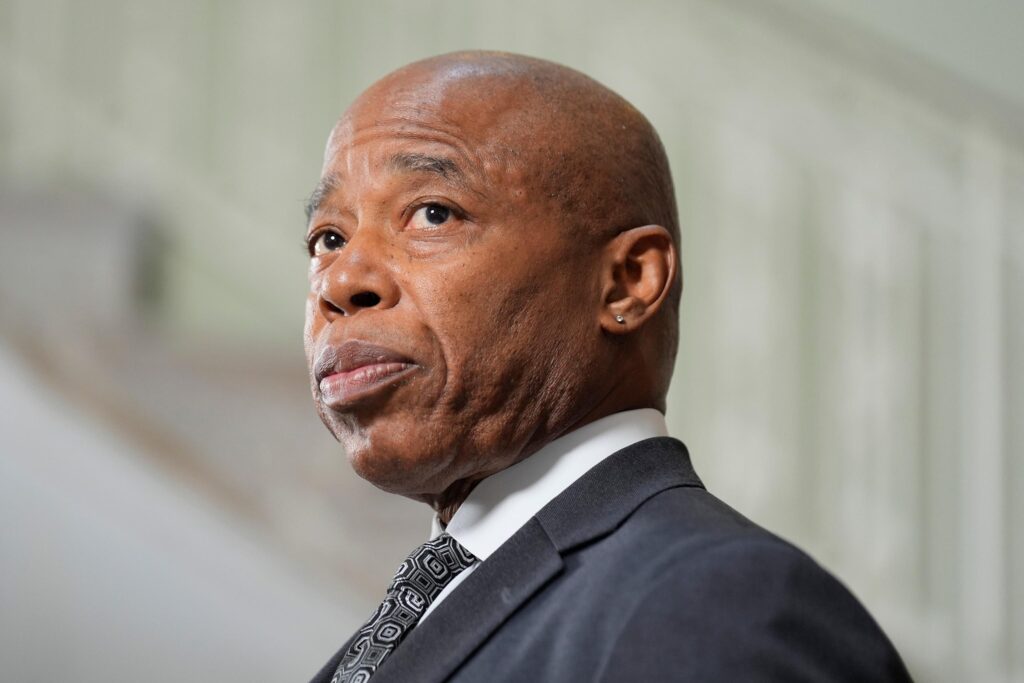At a packed town hall meeting in Bayside on Tuesday evening, Mayor Adams engaged directly with residents to address pressing community concerns ranging from affordable housing and e-bike regulations to education funding. The gathering provided a platform for locals to voice their viewpoints and seek solutions, as city officials listened intently and outlined ongoing initiatives aimed at improving quality of life across the neighborhood.
Mayor Adams Addresses Housing Affordability Challenges in Bayside Neighborhood
Mayor Adams acknowledged the pressing concerns surrounding housing affordability in Bayside, emphasizing the city’s commitment to innovative solutions. Residents voiced the challenges of rising rents and limited availability, prompting the mayor to outline upcoming initiatives aimed at increasing affordable housing stock while preserving the neighborhood’s character. These measures include expedited permit processing and incentives for developers who commit to long-term affordability in new projects.
During the town hall, community members highlighted key concerns that the administration intends to address:
- Expanding access to low-income housing grants
- Introducing rent stabilization policies
- Promoting mixed-use developments to balance housing and commercial needs
| Initiative | Projected Impact | Implementation Timeline |
|---|---|---|
| Affordable Housing Incentives | 500 units added | 2024-2026 |
| Rent Control Pilot | Protect 1,200 renters | Early 2025 |
| Permit Streamlining | Reduce approval times by 30% | Q3 2024 |
Community Voices Urge Improved E-bike Regulations for Safer Streets
Residents expressed a strong desire for clearer and more consistent regulations surrounding e-bike usage in the city. Many voiced concerns about the increased number of e-bikes on sidewalks and crosswalks, which they say poses risks to pedestrians, especially seniors and children. Calls for designated e-bike lanes and limits on speed were frequent themes during the lively discussions, highlighting a community eager for balanced solutions that promote both safety and sustainable transportation.
Key community suggestions included:
- Implementing mandatory safety training and licensing for e-bike riders.
- Designating specific lanes or paths exclusively for e-bike usage.
- Setting enforceable speed limits tailored to different urban zones.
- Increasing public awareness campaigns about sharing roadways responsibly.
| Proposed Regulation | Community Support (%) | Potential Impact |
|---|---|---|
| Designated E-bike Lanes | 78% | Improved Pedestrian Safety |
| Speed Limits on E-bikes | 85% | Reduced Accidents |
| Safety Training Programs | 64% | Better Rider Awareness |
| Public Awareness Campaigns | 70% | Community Engagement |
Local Educators Call for Increased Funding and Resources in Public Schools
During the town hall, educators from Bayside brought attention to the pressing need for greater investment in public school infrastructure and educational tools. Several teachers emphasized how outdated textbooks, insufficient classroom technology, and overcrowded learning environments are hindering student achievement and staff morale. They urged Mayor Adams and city officials to consider a budget increase targeted specifically at enhancing digital resources, expanding after-school programs, and improving building safety standards.
Key requests from local education representatives included:
- Increased funding for STEM and arts programs to foster creativity and innovation.
- Upgraded classroom technology such as tablets, smart boards, and reliable Wi-Fi.
- Expanded professional development opportunities for teachers to keep up with modern instructional methods.
- Additional support staff including counselors and special education aides for diverse learner needs.
A clear disparity in resource allocation was highlighted by a comparative overview presented during the meeting. Below is a snapshot illustrating per-student funding levels in Bayside compared with neighboring districts:
| District | Per-Student Funding | Average Class Size |
|---|---|---|
| Bayside | $9,500 | 28 |
| Riverside | $12,200 | 22 |
| Hillcrest | $11,800 | 24 |
Educators highlighted that these figures showcase an urgent need for investment to ensure equitable learning conditions and maintain competitive academic standards across the city’s schools.
Stakeholders Propose Collaborative Solutions to Enhance Bayside Quality of Life
During the lively forum, neighborhood leaders, business owners, and education advocates united to present a series of innovative proposals aimed at tackling Bayside’s pressing challenges. Among the top priorities were expanding affordable housing options that balance growth with environmental preservation, implementing safer and more accessible e-bike lanes, and enhancing local schools’ resources. Stakeholders emphasized the importance of collaborative governance, urging city officials to foster partnerships that leverage community expertise and funding opportunities.
| Proposal Area | Suggested Actions | Expected Impact |
|---|---|---|
| Housing | Mixed-use developments; rent stabilization programs | Increased affordability; reduced displacement |
| E-Bikes | Dedicated bike lanes; bike-sharing expansions | Improved safety; reduced traffic congestion |
| Education | After-school programs; tech upgrades for classrooms | Enhanced learning outcomes; equitable access |
Community members also called for transparent communication channels to ensure ongoing feedback and accountability. The shared vision highlighted diversity and inclusion as foundational to any meaningful progress, with several groups recommending periodic town halls and digital platforms for continued involvement. These collaborative solutions point toward a future where Bayside not only meets its current challenges but thrives as a vibrant and sustainable place to live.
Insights and Conclusions
As the Bayside town hall meeting concluded, Mayor Adams emphasized his commitment to addressing the pressing issues raised by community members, including housing affordability, e-bike regulations, and education improvements. The dialogue underscored the importance of continued collaboration between city officials and residents to develop practical solutions that meet the evolving needs of the borough. Moving forward, stakeholders await concrete policy measures that reflect the priorities voiced at the forum, signaling an ongoing effort to enhance quality of life across the community.













